Patient Question: “How do I prevent oral cancer?”
November 7th, 2013

The fact is, according to the Oral Cancer Foundation, close to 40,000 Americans will be diagnosed with oral or pharyngeal cancer this year, resulting in more than 8,000 deaths. Men face twice the risk of developing oral cancer as women, and men who are over age 50 face the greatest risk. The American Cancer Society recommends an oral cancer screening exam every three years for people over the age of 20 and annually for those over age 40. The five-year survival rate is only 50 percent, and oral cancer, which is the sixth-most common diagnosed form of the disease, is one of the few cancers whose survival rate has not improved. Today, Dr. Stephen Korson and our team would like to take this opportunity to remind all of our patients about the importance of maintaining good oral hygiene to prevent the disease.
So, what can you do at home to take an active role in preventing oral cancer?
The American Cancer Society recommends an oral cancer screening exam every three years for people over the age of 20 and annually for those over age 40. In addition, we encourage you to:
1. Conduct a self-exam regularly. Using a bright light and a mirror, look at and feel your lips and gums. Try tilting your head back to look at and feel the roof of your mouth, and pull your cheeks out to look inside of your mouth, the lining of your cheeks, and your back gums. Pull out your tongue and look at all surfaces. Feel for lumps or enlarged lymph nodes in both sides of your neck and under your lower jaw. Please give us a call immediately if you notice any changes in the appearance of your mouth or any of the signs and symptoms mentioned above.
2. Don’t smoke or use any tobacco products and drink alcohol in moderation.
3. Eat a well-balanced diet. This includes eating a wide variety of foods from the five primary food groups on a daily basis to meet the recommended amounts of vitamins, minerals, carbohydrates, proteins, and fats you need in a given day.
4. Limit your exposure to the sun. Repeated exposure increases the risk of cancer on the lips, especially the lower lip. When out in the sun, be sure to use UV-A/B-blocking sun protective lotions on your skin as well as your lips.
Please let us know if you have any questions about your oral health, either during your next scheduled visit, by giving us a call, or asking us on Facebook.
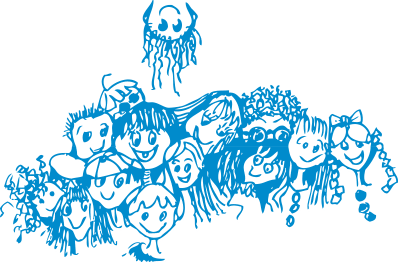


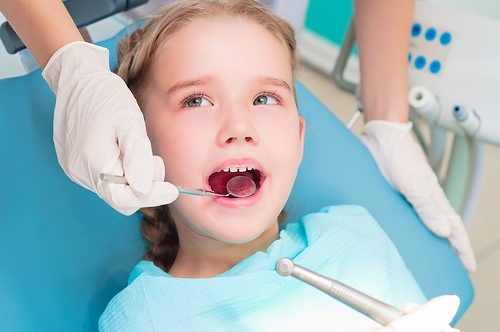








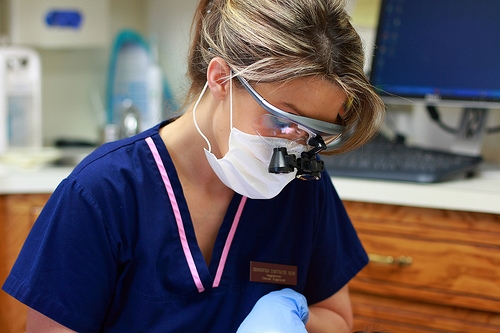


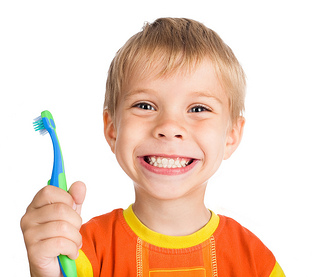
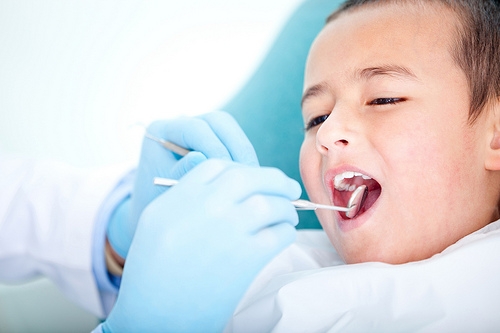

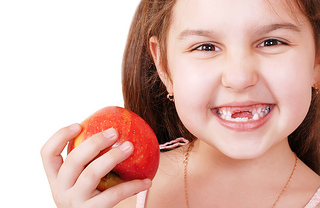






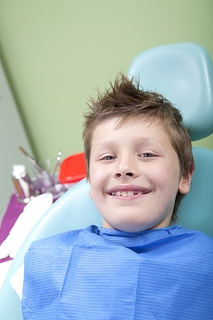











 Memorial Day weekend, a time to remember and honor the men and women lost while serving for our country. Memorial Day is also the unofficial start of summer, and for many folks getting out of town for three days after being cooped up in the classroom or the office spells sweet, sweet relief.
Memorial Day weekend, a time to remember and honor the men and women lost while serving for our country. Memorial Day is also the unofficial start of summer, and for many folks getting out of town for three days after being cooped up in the classroom or the office spells sweet, sweet relief.

